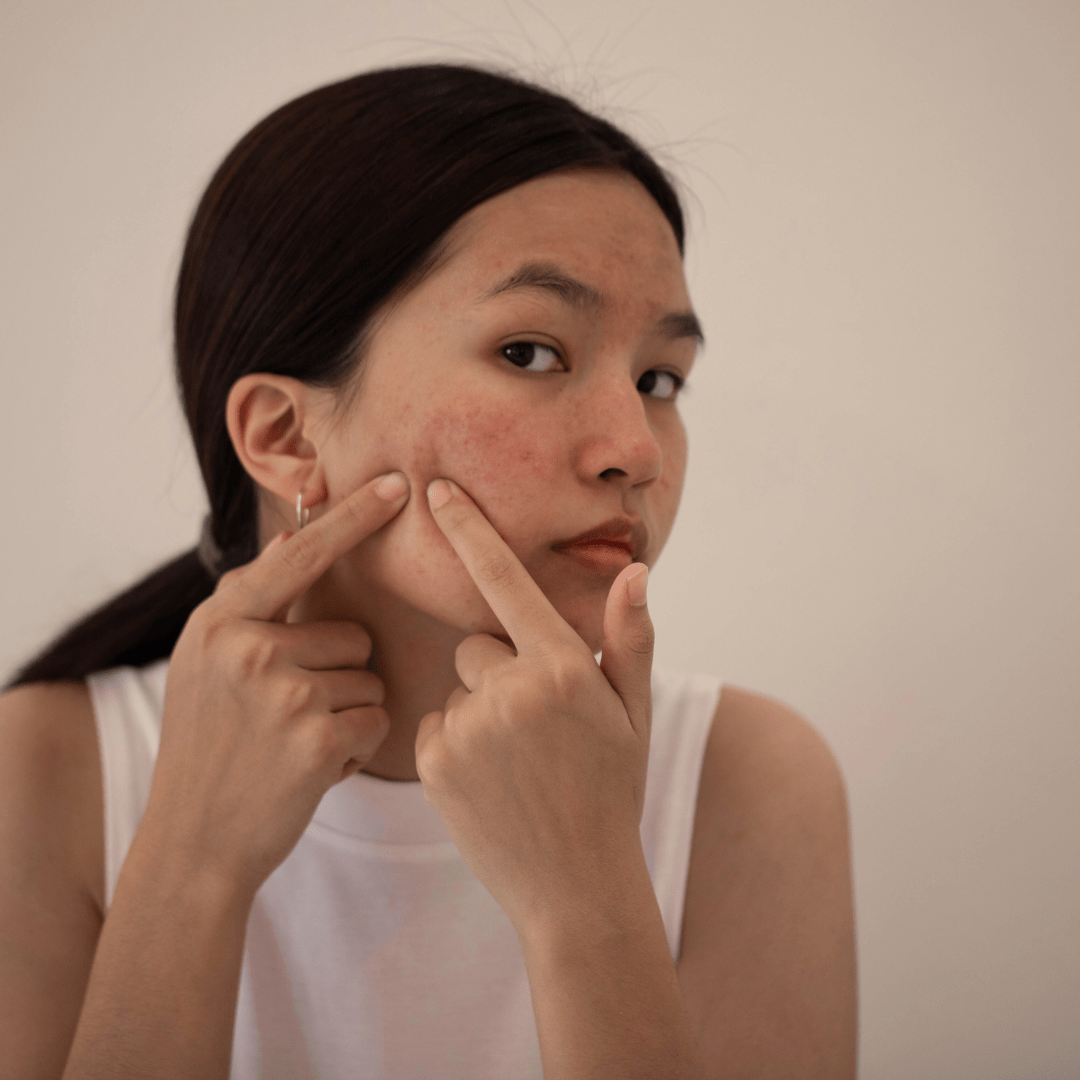
Can Acne Be Permanently Removed? Understanding the Path to Clear Skin
Share
Acne is a common and often frustrating skin condition that affects millions of people worldwide. While many treatments can manage and reduce acne, a question frequently arises: Can acne be permanently removed? This blog post delves into the realities of acne treatment and what you can realistically expect in the journey toward clear skin.
Understanding Acne
Acne occurs when hair follicles become clogged with oil and dead skin cells, leading to the development of pimples, blackheads, and cysts. Various factors contribute to acne, including hormonal changes, genetics, diet, and stress. Understanding these factors is crucial for finding an effective treatment plan.
Current Acne Treatments and Their Efficacy
Topical Treatments for Acne
Topical treatments are often the first line of defense against acne. They work directly on the skin to target the factors that cause acne. Here are some highly recommended options:
Retinoids
Retinoids are derived from Vitamin A and are one of the most effective treatments for acne. They work by:
-
Unclogging Pores : Retinoids help to exfoliate the skin and prevent pores from becoming blocked with dead skin cells.
- Reducing Inflammation : They have anti-inflammatory properties that help to calm inflamed acne lesions.
- Preventing New Breakouts : Regular use can prevent new acne from forming and improve skin texture.
Antioxidants
Antioxidants are crucial in fighting acne due to their ability to neutralize free radicals and reduce oxidative stress on the skin. They help:
- Reduce Inflammation : Antioxidants can calm irritated skin and reduce redness.
- Improve Skin Healing : They support skin repair and reduce the risk of scarring.
- Protect Against Damage : They help to protect the skin from environmental damage that can exacerbate acne.
Sebum Regulators
Sebum regulators are designed to control oil production, which is a major factor in acne development. They work by:- Reducing Oil Production : By decreasing sebum production, these regulators help to prevent pores from becoming clogged.
- Balancing Skin : They help to maintain a healthy balance of oil on the skin, reducing excess shine and preventing breakouts.
- Minimizing Clogged Pores : By controlling oil levels, these products help to keep pores clear and reduce the risk of acne formation.
Oral Medications for Acne
Oral medications, such as antibiotics and hormonal treatments, are prescribed for moderate to severe acne.
- Antibiotics : Reduce inflammation and bacterial growth.
- Hormonal Treatments : For women, birth control pills or anti-androgens can regulate hormones that trigger acne.
Oral medications can offer substantial improvement, but they come with potential side effects and usually require long-term management.
Professional Procedures for Acne
Procedures performed by dermatologists can be effective for more stubborn acne.
- Chemical Peels : Remove the top layer of skin to reduce acne and improve skin texture.
- Laser Therapy : Targets acne-causing bacteria and reduces oil production.
- Microneedling : Stimulates collagen production to improve skin texture and reduce acne scars.
These treatments can offer long-lasting results but may need to be repeated periodically.
Is Permanent Acne Removal Possible?
The notion of permanent acne removal is complex. Acne can often be controlled and managed effectively, but several factors influence its persistence:
- Hormonal Fluctuations : Hormonal changes can continue to affect acne well into adulthood.
- Genetics : A family history of acne may predispose individuals to recurring breakouts.
- Lifestyle Factors : Diet, stress, and environmental factors can all play a role in acne flare-ups.
While some individuals experience long-term remission, others may need ongoing treatment to manage their condition. It's important to set realistic expectations and focus on maintaining clear skin rather than seeking an absolute cure.
Maintaining Clear Skin
To manage acne effectively and reduce the likelihood of recurrence:
- Follow a Consistent Skincare Routine : Use products suited to your skin type and follow a routine recommended by a dermatologist.
- Monitor Lifestyle Factors : Maintain a balanced diet, manage stress, and avoid known triggers.
- Seek Professional Advice : Regular consultations with a dermatologist can help tailor treatments to your specific needs and adjust them as necessary.
While the idea of permanently removing acne may be appealing, it's essential to understand that acne management is often an ongoing process. With the right treatments and lifestyle adjustments, many people can achieve and maintain clear skin. By working closely with healthcare professionals and adopting a proactive approach to skincare, you can manage acne effectively and enjoy clearer, healthier skin.
Remember, the journey to clear skin is unique for everyone, and with the right approach, lasting improvement is always within reach.
